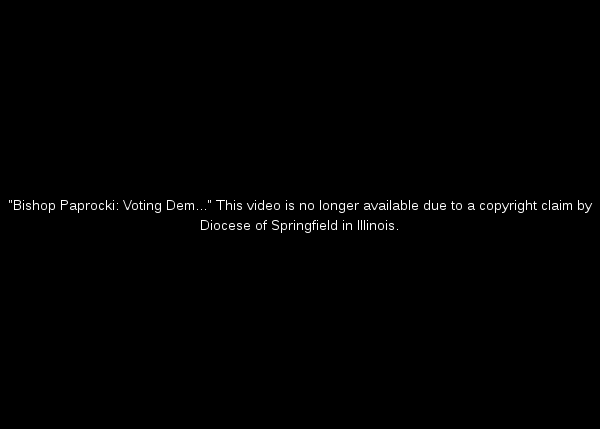Brian Proffitt looks for the next $1 billion open source company. This year Red Hat recently surpassed US$1 billion annual revenues (and also $10 billion market capitalization).
One can debate what counts as an “open source company” (presumably something like “[almost] all software developed and distributed is open source”), but Red Hat is relatively uncontroversial; less so than the companies Proffitt lists as possibly next: EnterpriseDB, , and Eucalyptus. I might have included Canonical Ltd among those, but I didn’t look closely for indicators of whether any could reasonably become $1 billion annual revenue companies, or reach an easier $billion milestone, valuation — Proffitt notes that MySQL AB was acquired for approximately $1 billion in 2008.
An even more obvious addition to the watchlist ought be Mozilla, which should have annual revenues exceeding $300 million. Mozilla is least problematic on the “open source” front, though the for-profit corporation is wholly owned by the non-profit Mozilla Foundation, which could lead one to overlook it as a “company”. This also means it won’t have a traditional company valuation (acquisition price or market capitalization), but it’d be clearly over $1 billion.
There’s one other open source organization that, if it pursued huge revenues and were for-profit (both requiring many counterfactuals that may well have destroyed the project; I advocate neither, though I have advocated huge revenues in the past) would be a billion dollar company by valuation and perhaps revenue as well — Wikimedia. I wonder, given that it forgoes huge revenue from advertising, and most people claim to dislike and find little or no utility in online advertising, what we can conclude about the consumer surplus generated by Wikimedia?
As hugely problematic as they are, huge organizations (most obviously governments and corporations) outcompete smaller arrangements in many aspects of human society. If software freedom and the like is important, advocates ought to be rooting for (and criticizing) huge “open source” institutions. And should also be looking for (admittedly difficult) characterizations of consumer surplus and other “billion dollar” metrics in addition to firm revenue and valuation of future profits.
